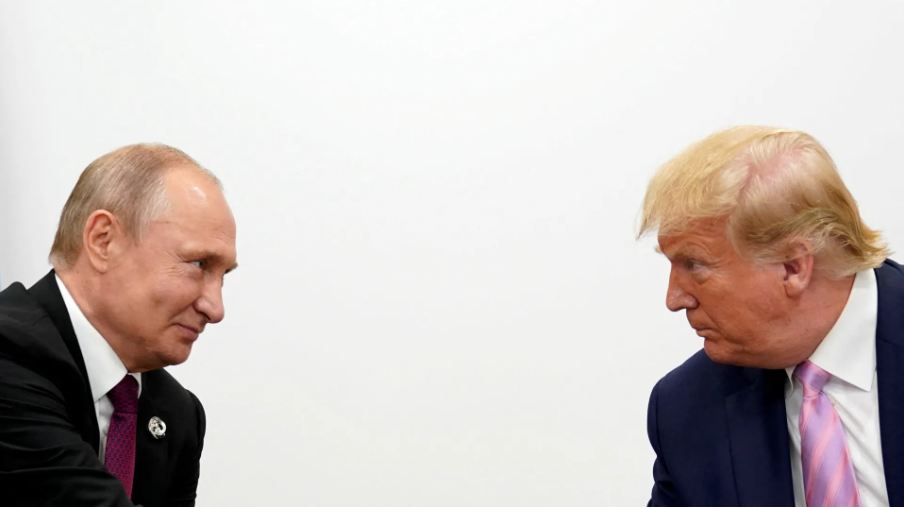
Xiao Bin, Deputy Secretary-general, Center for Shanghai Cooperation Organization Studies, Chinese Association of Social Sciences
Apr 03, 2025
The U.S.-Russia contest over Ukraine shows both the persistence of classic power politics and the clash of competing worldviews at a time when the international system is undergoing a seismic process of reordering. The Ukraine war and its potential settlement are upending traditional major-power dynamics.

Richard Weitz, Senior Fellow, Hudson Institute
Mar 20, 2025
Trump’s actions in dealing with Russia and Ukraine and conflict in Gaza have been disruptive and unpredictable. With more holistic foreign policy statements still in the works, only speculation can tell us where Trump might head regarding the Indo-Pacific.
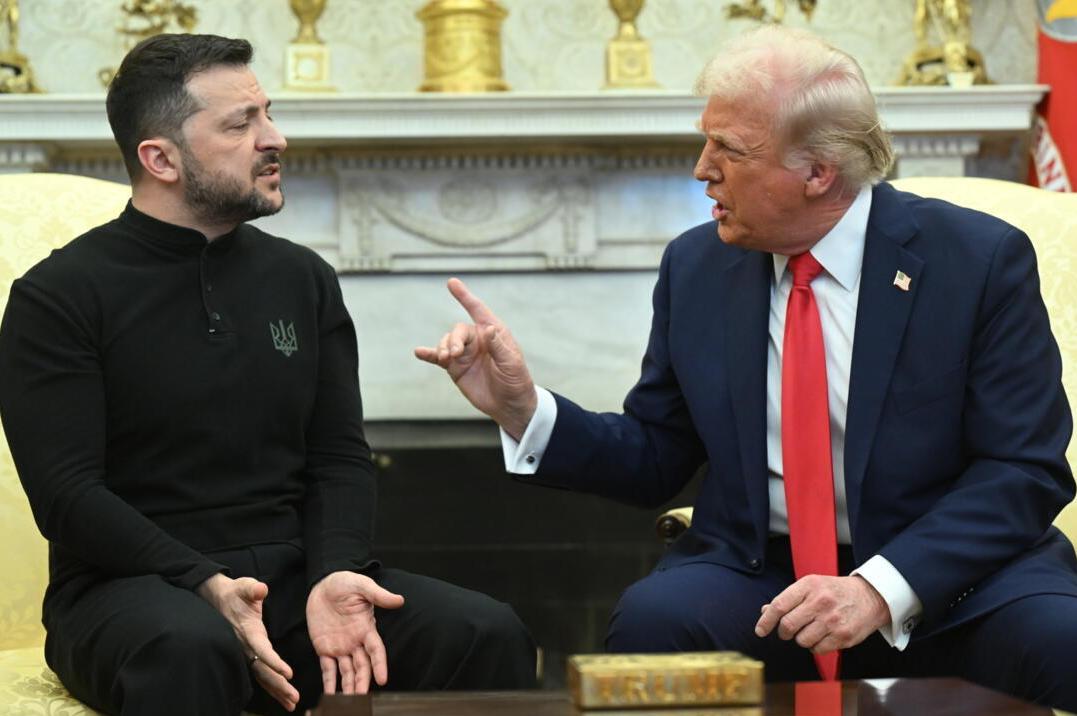
Fu Suixin, Assistant Researcher at Institute of American Studies, Chinese Academy of Social Sciences
Mar 18, 2025
His ultimate vision of a new world order might be some combination of power in which the U.S. takes absolute control of the Western sphere of influence and weighs in heavily on global affairs with other great powers.
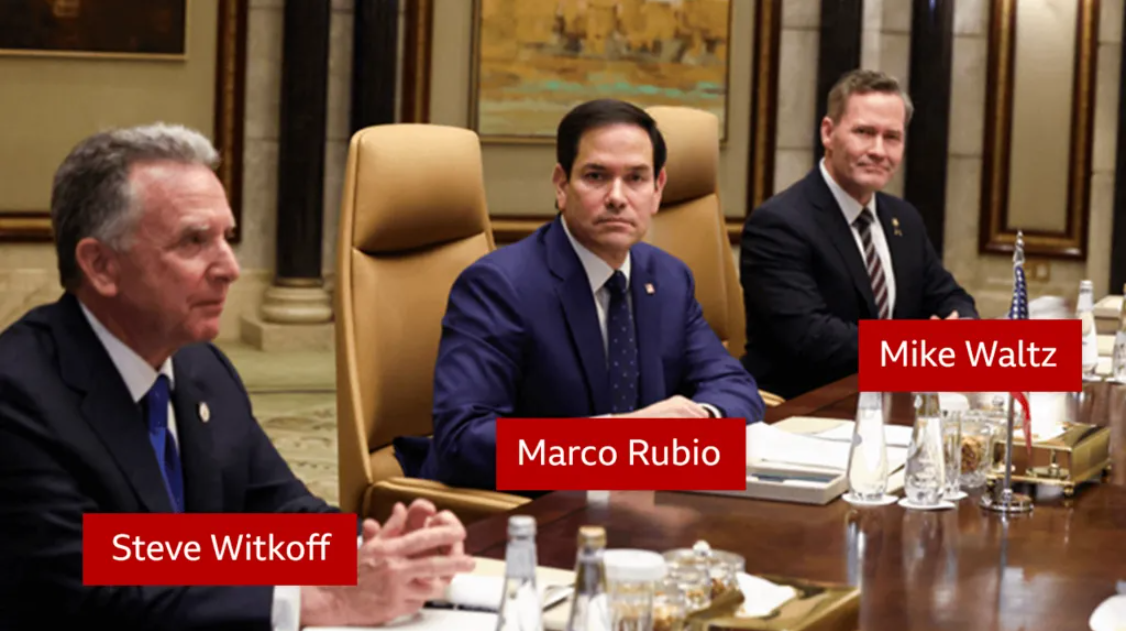
Richard Javad Heydarian, Professorial Chairholder in Geopolitics, Polytechnic University of the Philippines
Mar 14, 2025
The Trump administration's clash with Ukraine has raised doubts about America's strategic reliability, prompting concerns among European and Asian allies about a potential shift in global order under a second Trump presidency.

Zhang Yun, Professor, School of International Relations, Nanjing University
Mar 05, 2025
The future for European countries hinges on maintaining competitiveness and growth while safeguarding the quality of life of their citizens. The shock delivered by Donald Trump and Vladimir Putin could hasten Europe’s long-overdue strategic awakening.
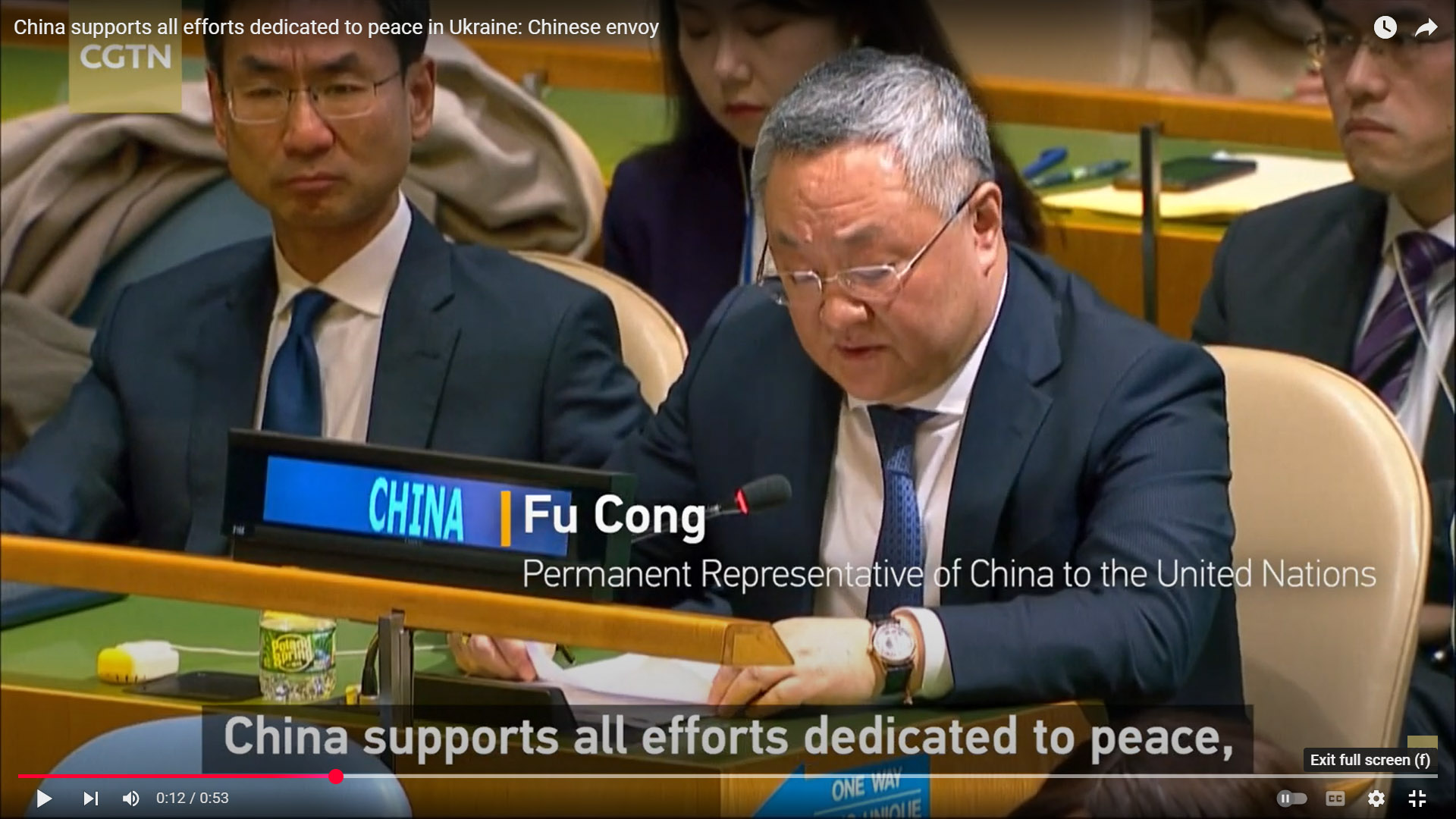
Xiao Bin, Deputy Secretary-general, Center for Shanghai Cooperation Organization Studies, Chinese Association of Social Sciences
Feb 27, 2025
U.S. President Donald Trump’s approach to promoting peace in Ukraine has brought significant changes. China needs to find new roles for itself in promoting the peace process, while continuing to advocate political solutions.
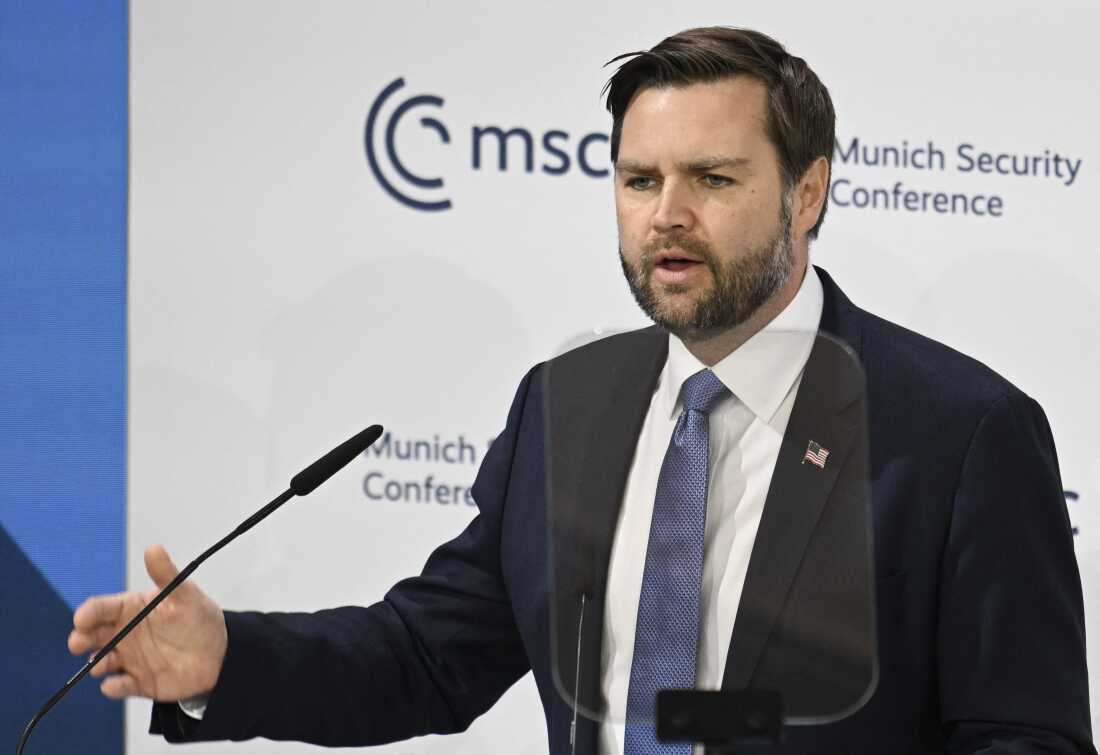
Wang Yiwei, Jean Monnet Chair Professor, Renmin University of China
Feb 26, 2025
The world is undergoing profound changes, as reflected in the report from this year’s Munich Security Conference. Focusing on multi-polarization, the report details U.S. arrogance, European hopelessness, Global South helplessness and worldwide disorder.
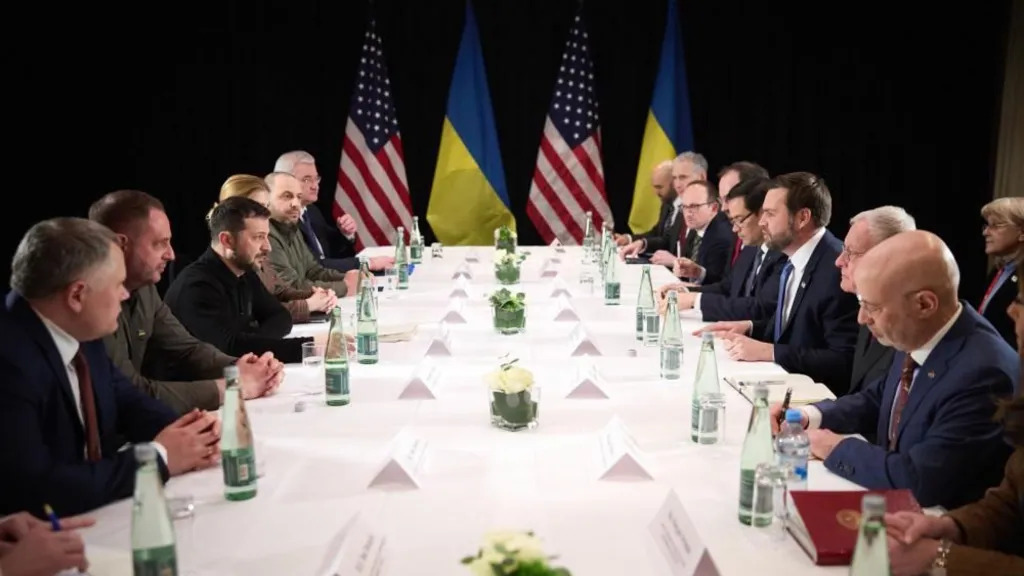
An Gang, Adjunct Fellow, Center for International Security and Strategy, Tsinghua University
Feb 25, 2025
If Europe fails to awaken and respond to its humiliating rejection by the United States, it will lose not only its seat at the table for Ukraine-Russia peace talks but also its status as a leading player in the future multipolar world.

Sun Chenghao, Fellow, Center for International Security and Strategy of Tsinghua University; Munich Young Leader 2025
Feb 20, 2025
European delegates to security conference, reacting to a disturbing speech by U.S. Vice President JD Vance, say privately that it’s clear the continent must gradually break with the United States. The reduction of America’s strategic investment in Europe is accelerating Europe’s search for autonomy in an increasingly multipolar world.
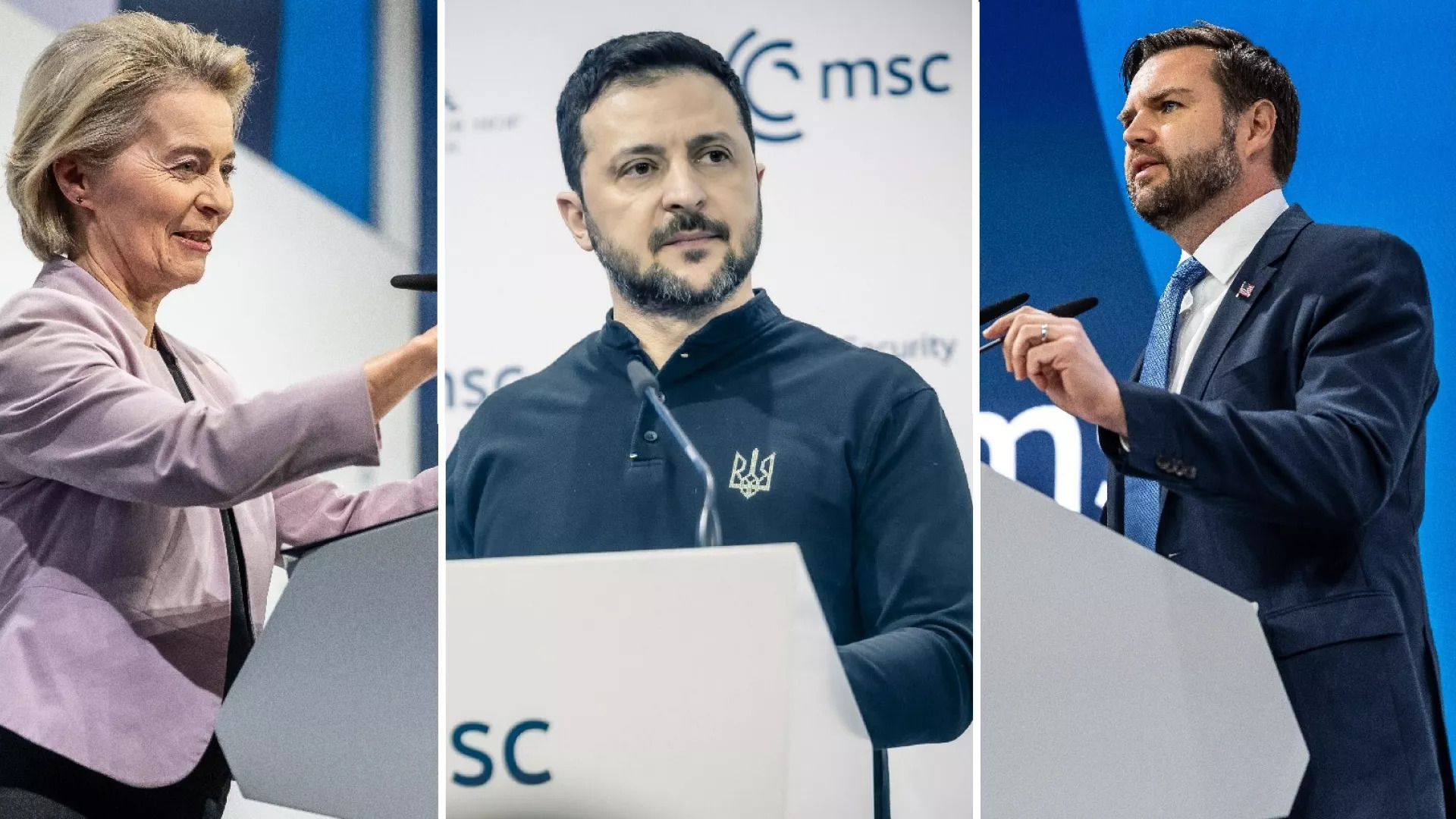
Xiao Qian, Deputy Director, Center for International Security and Strategy at Tsinghua University
Feb 20, 2025
Ukraine crisis lingers as the transatlantic alliance faces an uncertain future. Meanwhile, the international order is undergoing a profound restructuring as the sand shifts under traditional commitments by the United States and as Europe seeks greater autonomy.